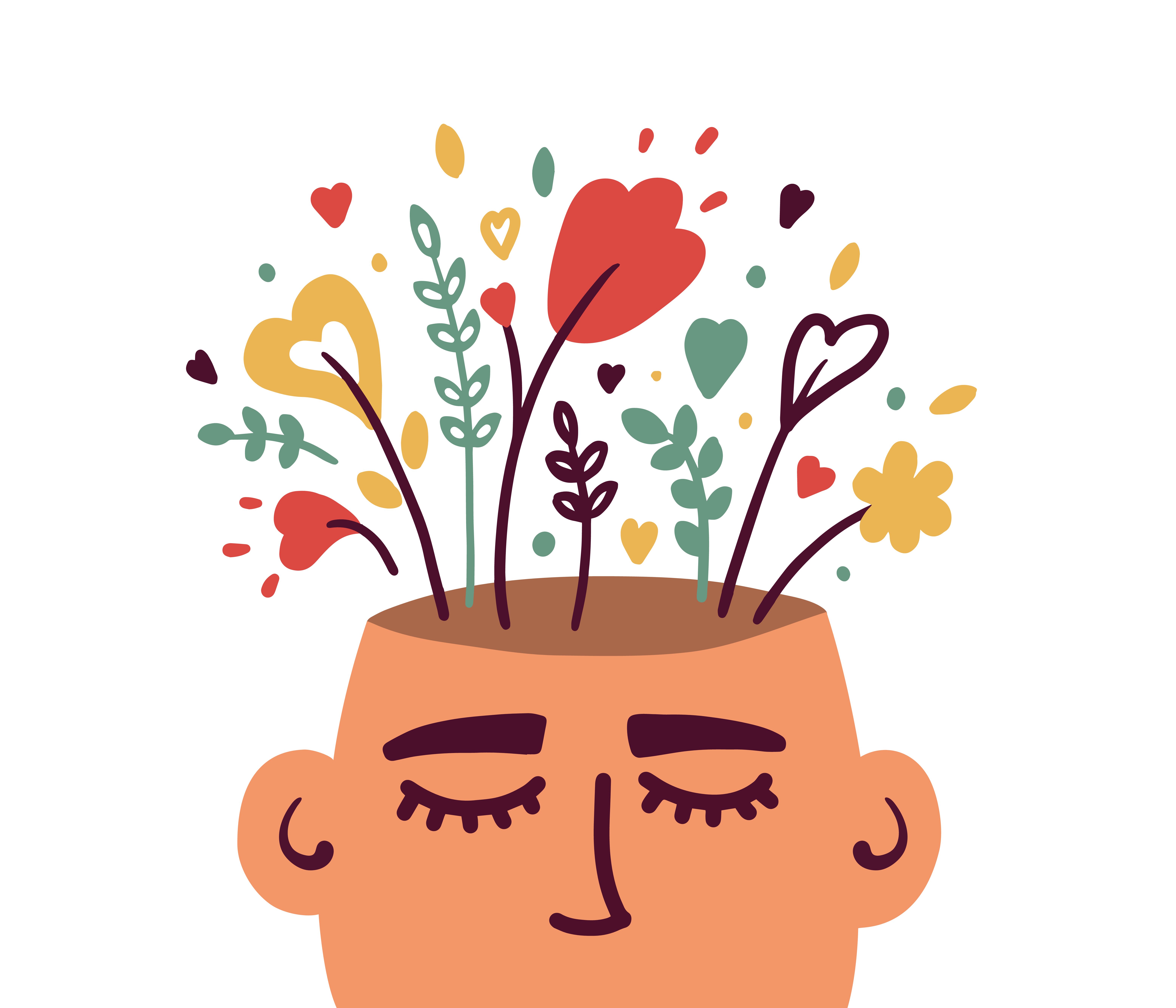
Good health is more than just the absence of disease and disability.
It’s also about having a positive outlook on life, feeling good mentally and emotionally, and having meaningful relationships with others.
A positive mindset is associated with several health benefits, including a longer lifespan and better physical and mental health outcomes.
Having a positive attitude about getting older can also help you age more gracefully. Although illness and physical decline are often unavoidable, how we approach these obstacles can make a big difference in our ability to recover and our overall quality of life.
The Harmful Effects of Negativity
Negative thoughts can be harmful to your health in several ways.
They can lead to disrupted sleep and diet, stress, anxiety, and depression affecting the outcome of chronic diseases such as cardiovascular diseases, diabetes, obesity, and cancer.
Negative thinking can also lead to unhealthy behaviors, such as smoking, drinking, and over-eating, closely associated with several common illnesses and chronic diseases.
Learning how to manage and minimize negative thought patterns can reduce these risks and even protect against negative health outcomes later in life.
It’s OK to Feel Down Sometimes
Everyone experiences negative thoughts emotions from time to time.
Especially as we get older and face more grief and other life challenges, it’s natural to feel sad, frustrated or overwhelmed at times.
Recognizing the value of positive thinking is not about pretending to be happy all the time or never feeling down. Responding to tragedy with guidance like, “oh, just cheer up, put a smile on. You’ll feel better!” isn’t very helpful.
It’s about understanding that negative thoughts and emotions are a natural part of the human experience. Still, we can learn to manage them in a way that doesn’t negatively impact our health.
With meditation, positive imagery, optimistic ideation, and other positive thinking skills training, worry can be reduced and replaced, sadness can be transformed into compassionate awareness, and anxiety can become a sense of excitement about the future.
It’s unlikely to happen accidentally, but with practice, it is possible to use positive thinking to reduce your stress and anxiety, healthily regulate your emotions, increase your self-awareness, and enhance your connections with your loved ones.
By understanding the link between your thoughts, feelings, behaviors, and health outcomes, you can work to create a more positive and healthy mindset that will support you in all aspects of your life.






















